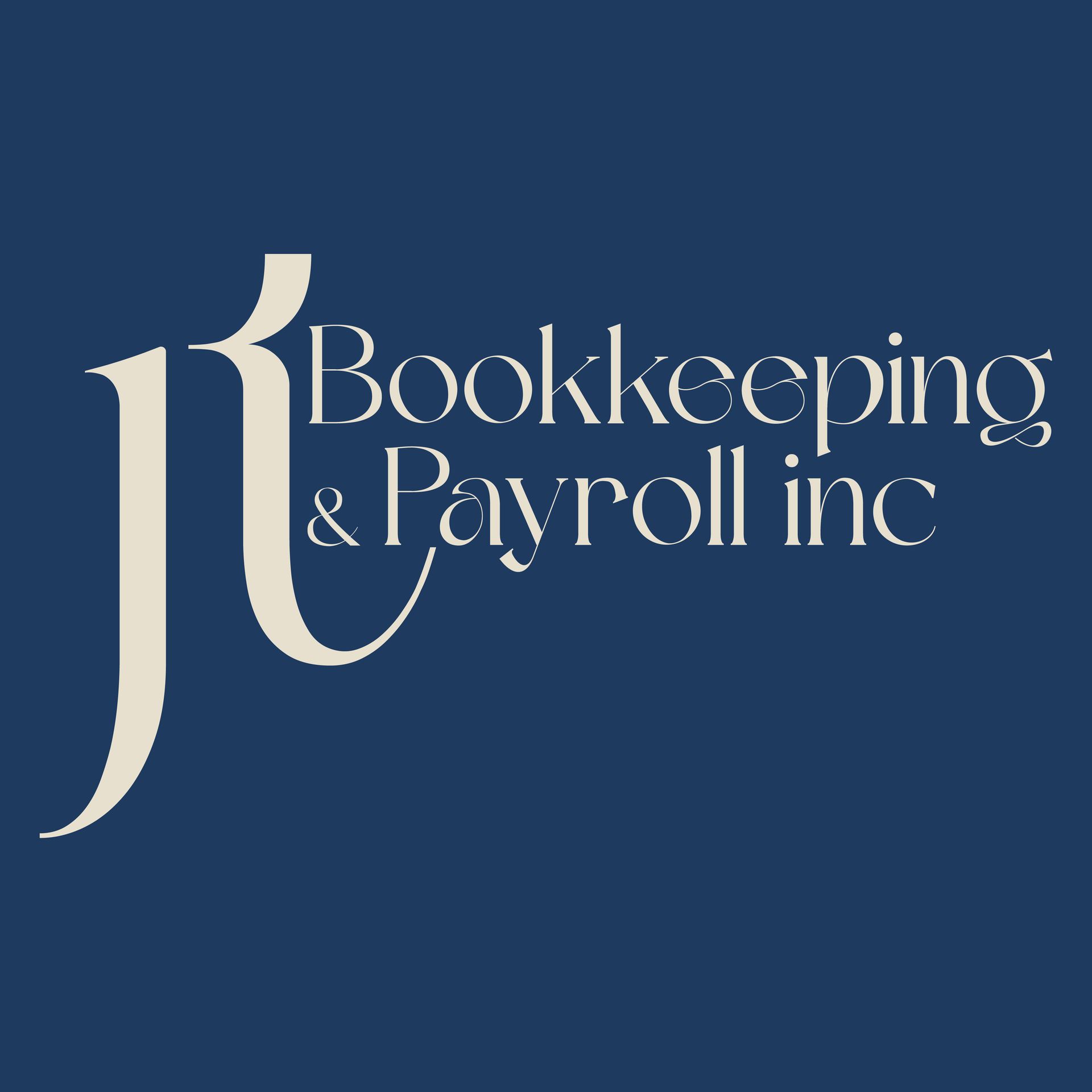Choosing Between DIY Bookkeeping and Professional Services
Introduction
When managing a business, keeping finances in check is crucial for success. Bookkeeping, the process of recording financial transactions, is a fundamental part of this. Business owners often face the dilemma of choosing between DIY bookkeeping and hiring professional services. Each option has its advantages and drawbacks, and making the right choice depends on various factors.
Understanding DIY Bookkeeping
DIY bookkeeping involves handling your business’s financial records yourself. It can be an appealing option for small business owners who want to maintain control over their finances while saving money on professional fees. With the availability of user-friendly software, this task has become more accessible.
Some advantages of DIY bookkeeping include:
- Cost Savings: By doing it yourself, you can save on the costs associated with hiring a professional.
- Control: You have direct oversight of all financial transactions and can make immediate updates as needed.
- Flexibility: You can tailor the bookkeeping process to fit your unique business needs.

Challenges of DIY Bookkeeping
While DIY bookkeeping has its benefits, it also poses several challenges. The most significant concern is ensuring accuracy in financial records. Errors can lead to incorrect financial statements, affecting business decisions and potentially leading to compliance issues.
Additionally, managing the bookkeeping process can be time-consuming. Business owners must invest time in learning and staying updated with accounting principles and tax regulations, which can divert attention from core business activities.
Exploring Professional Bookkeeping Services
On the other hand, professional bookkeeping services involve hiring experts to handle your financial records. These services are ideal for businesses that prefer a hands-off approach or lack the time or expertise to manage books independently.
The benefits of professional services include:
- Expertise: Professionals are trained and experienced in managing finances accurately and efficiently.
- Time Savings: Outsourcing allows you to focus on growing your business rather than managing accounts.
- Reliability: Professionals are typically up-to-date with the latest regulations and technologies, ensuring compliance and accuracy.

Considerations for Professional Services
The primary downside of professional bookkeeping services is the cost. Depending on your business size and complexity, fees can vary significantly. It’s essential to weigh this expense against the time savings and accuracy benefits.
Additionally, finding a trustworthy service provider requires careful research. Look for professionals with reputable credentials and positive reviews from other business owners.
Making the Right Choice
The decision between DIY bookkeeping and professional services depends on several factors, including the size of your business, budget, expertise, and time availability. Small businesses with simple financial transactions might find DIY suitable, while larger companies or those with complex needs could benefit from professional services.

It’s crucial to assess your specific needs and consider a trial period for either option before making a long-term commitment. Some businesses even opt for a hybrid approach, managing basic tasks themselves while outsourcing more complex aspects.
Conclusion
Choosing between DIY bookkeeping and professional services is a significant decision that impacts your business’s financial health. Carefully evaluate your resources and needs to determine which option aligns best with your business goals. Whether you choose to go solo or enlist expert help, maintaining accurate financial records is key to sustaining and growing your business successfully.
